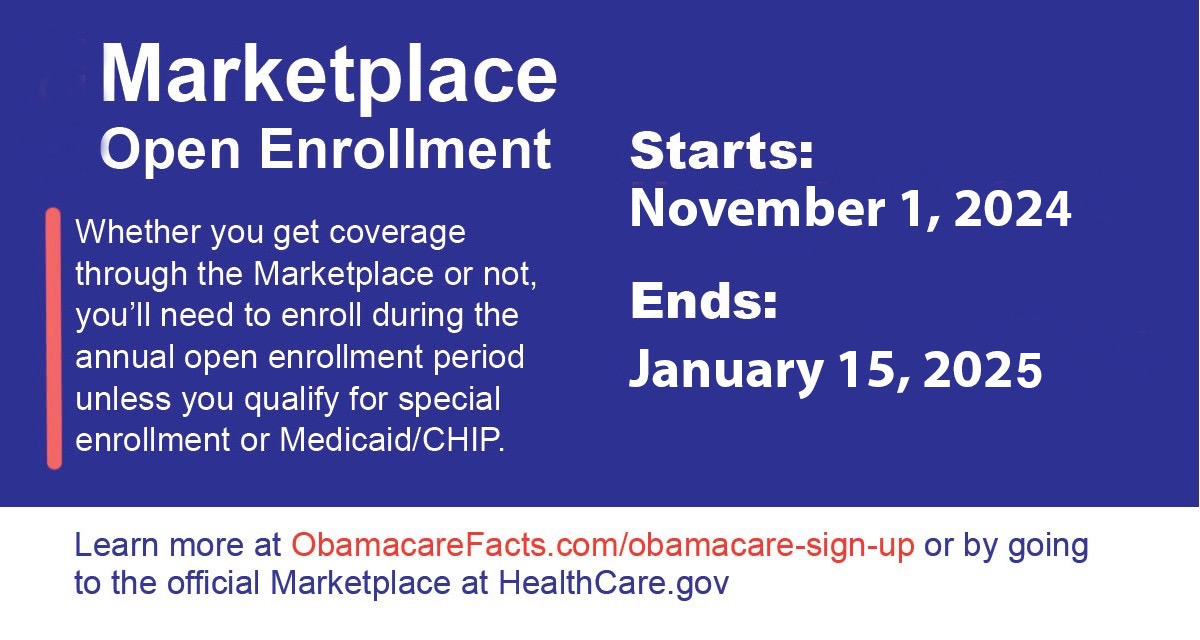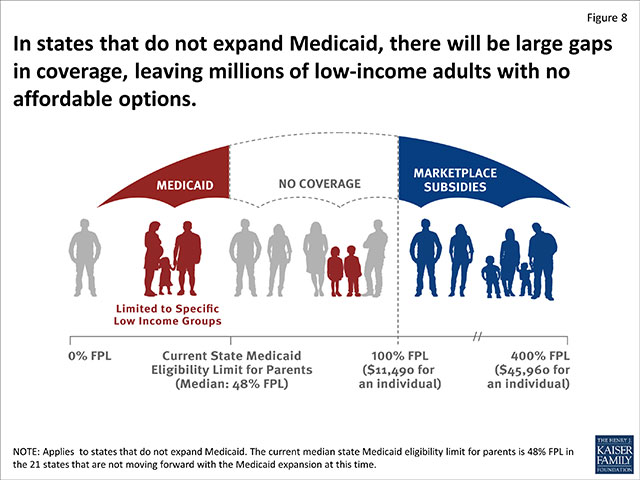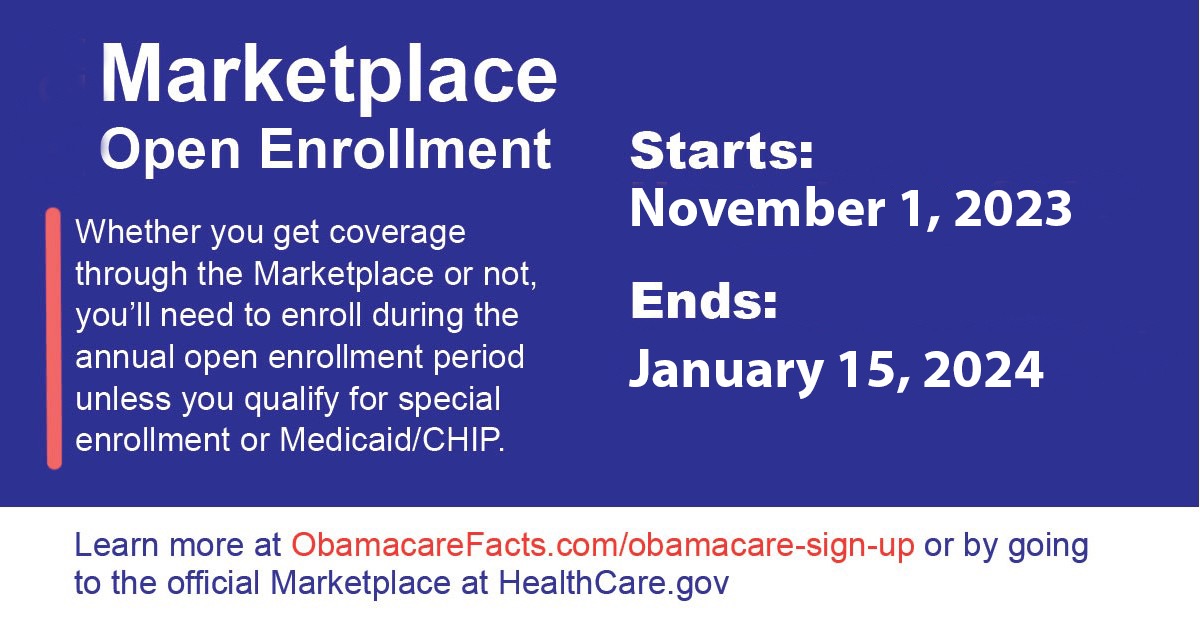Enroll By December 15, 2024 for Coverage Starting January 1st, 2025







Understanding the December 2024 Health Plan Enrollment Deadline Today is the last day to enroll for coverage that starts January 1st, 2025. The December 15, 2024, deadline for health plan enrollment is crucial for ensuring that health coverage begins on January 1, 2025. Missing this deadline means coverage will not start until February 1, 2025,… Read More


